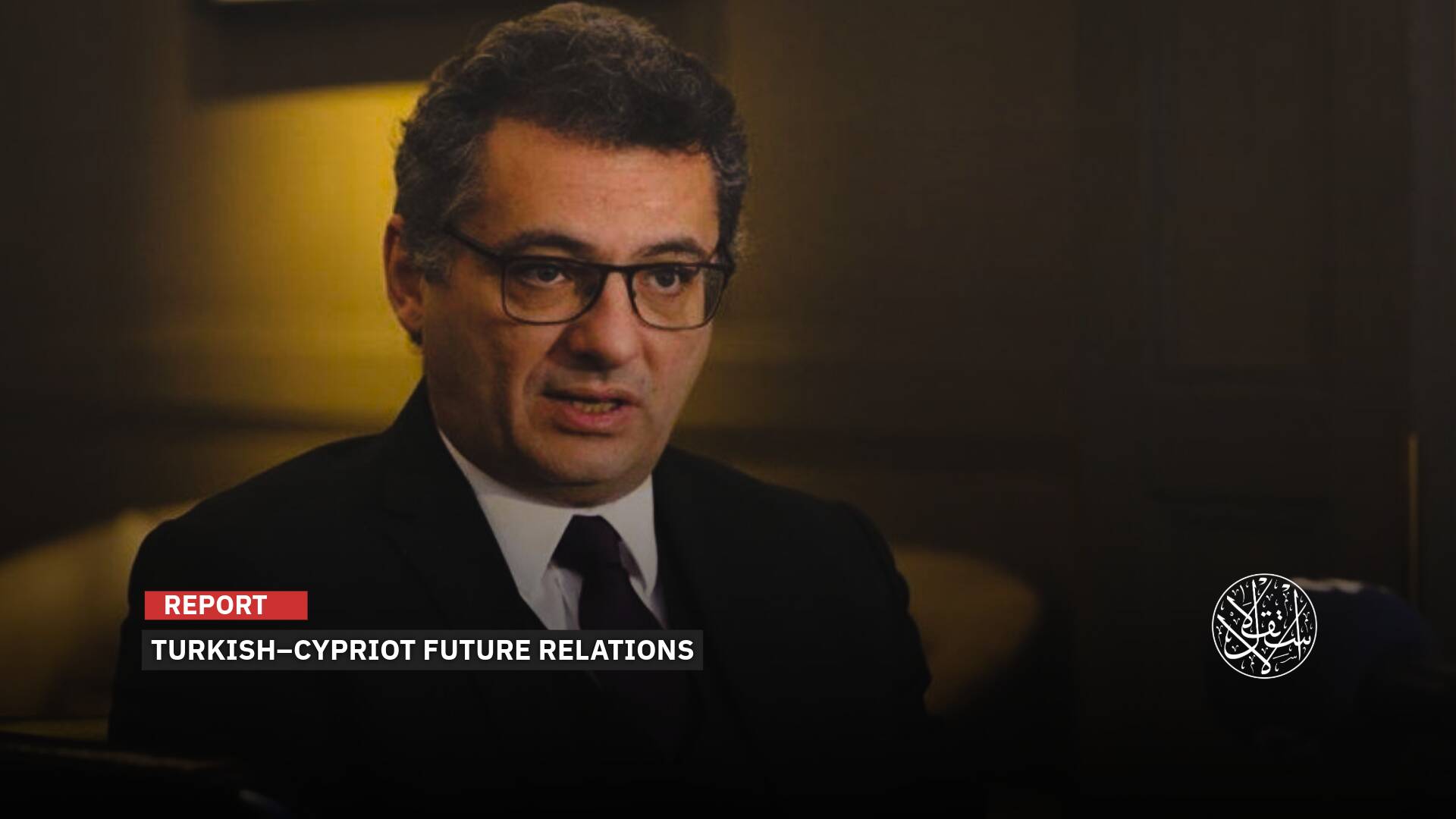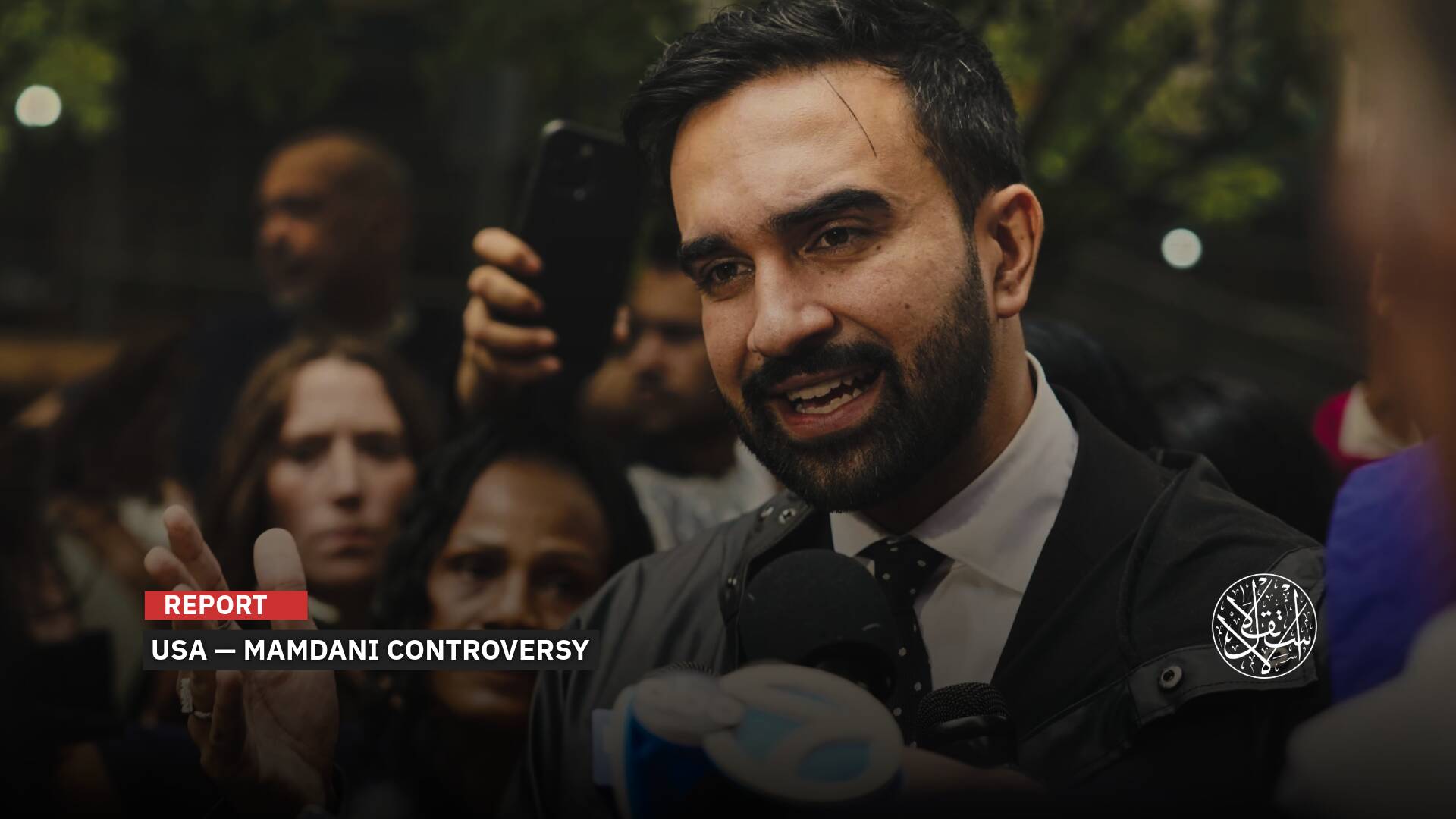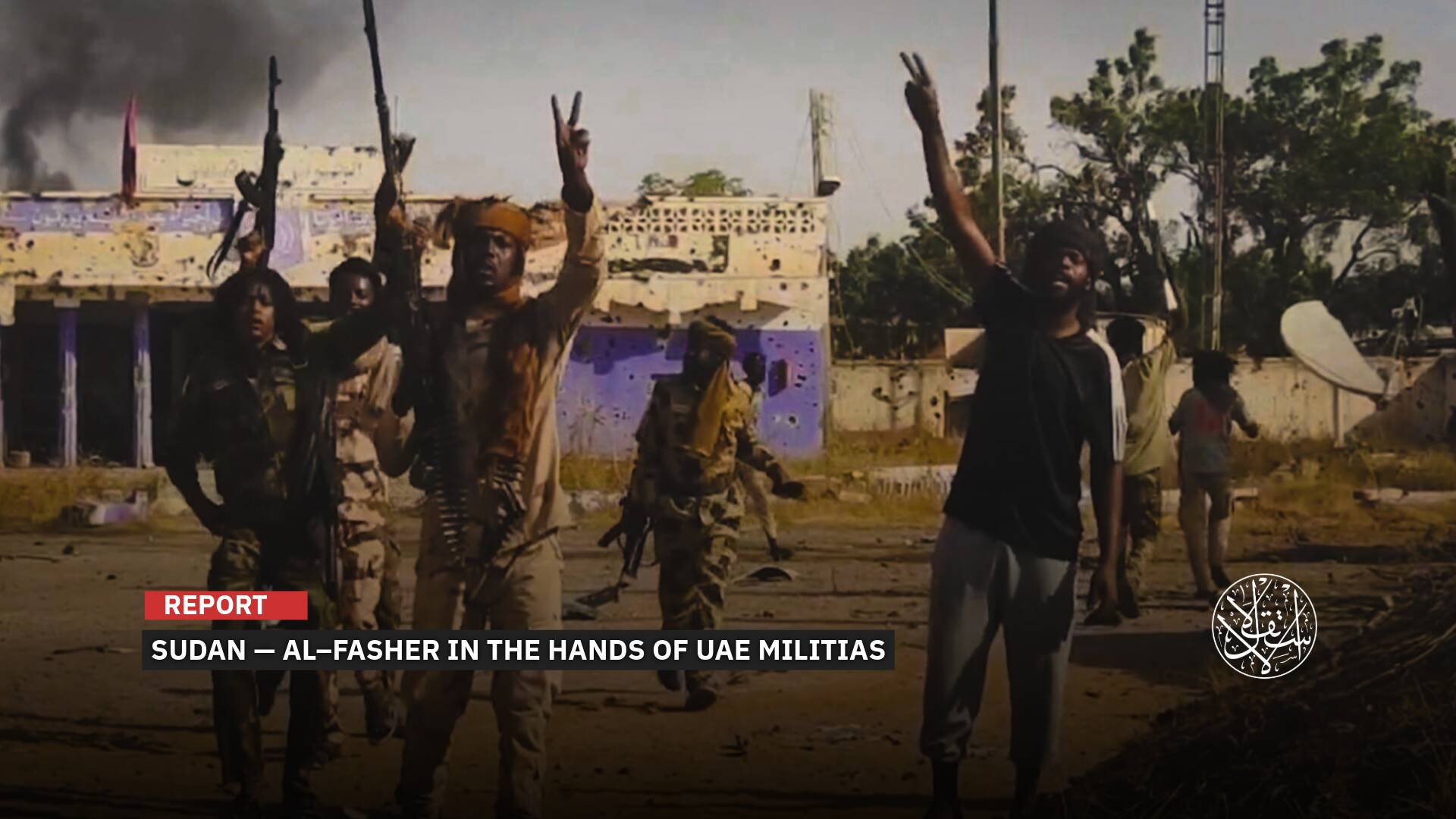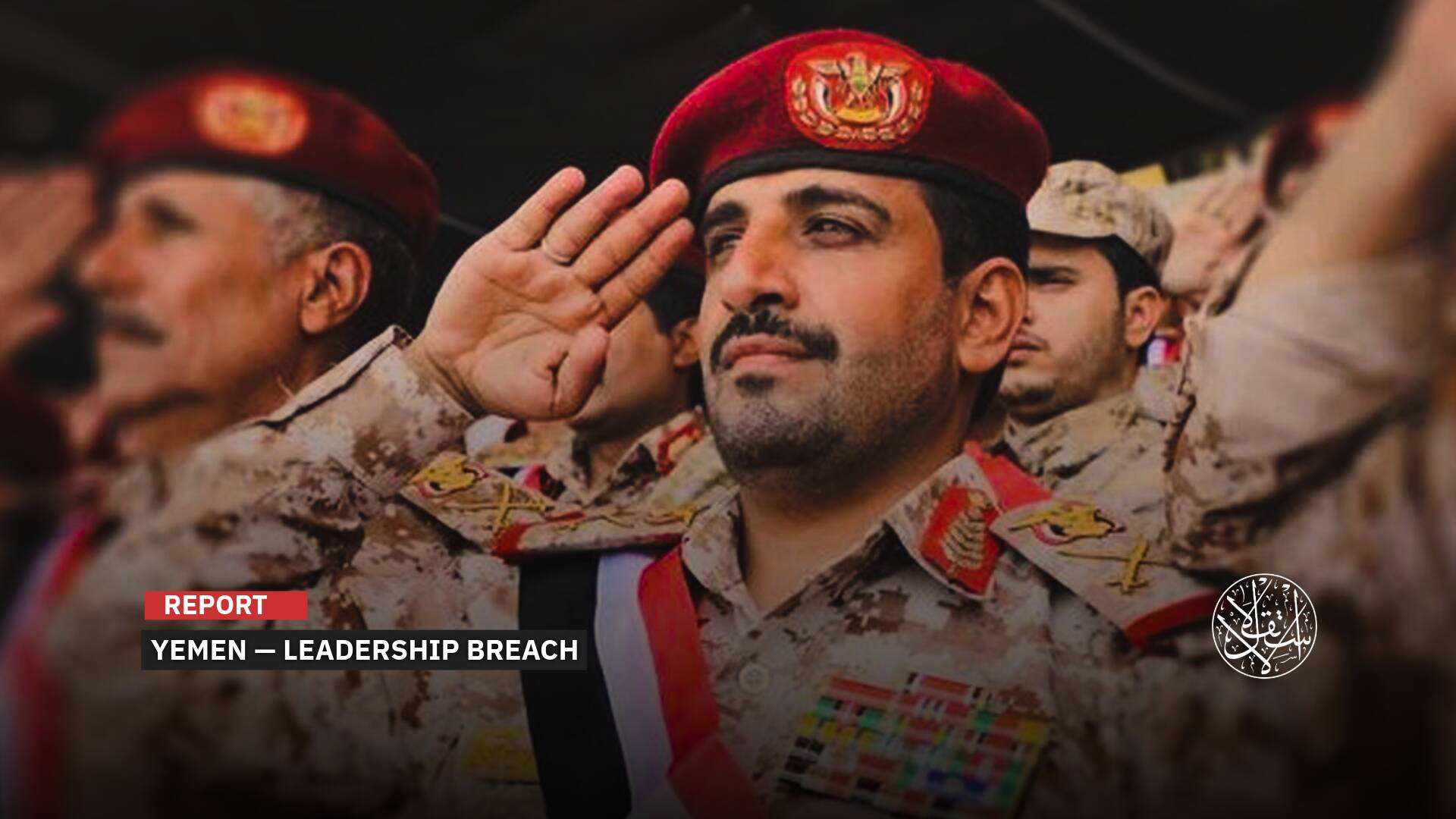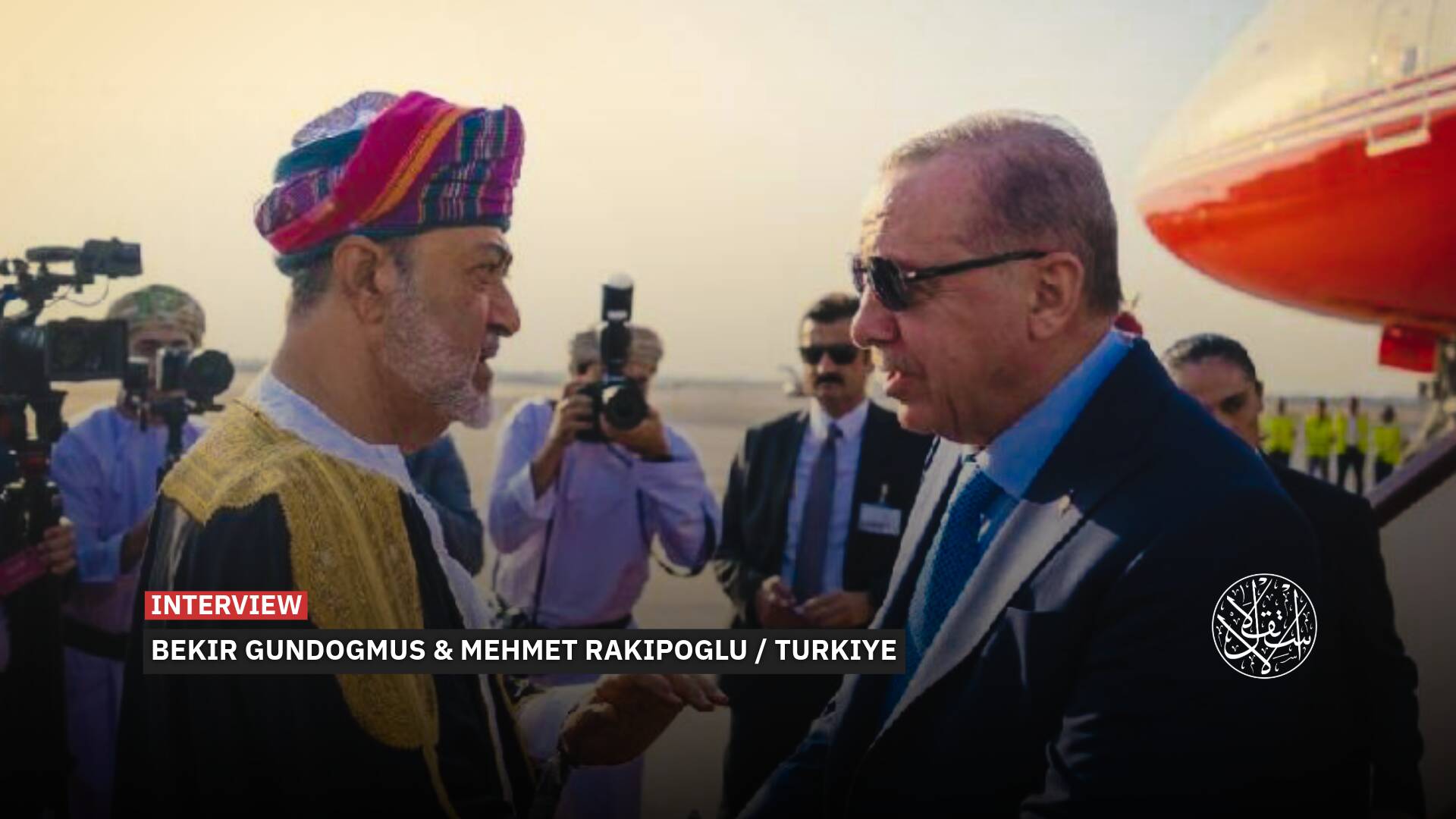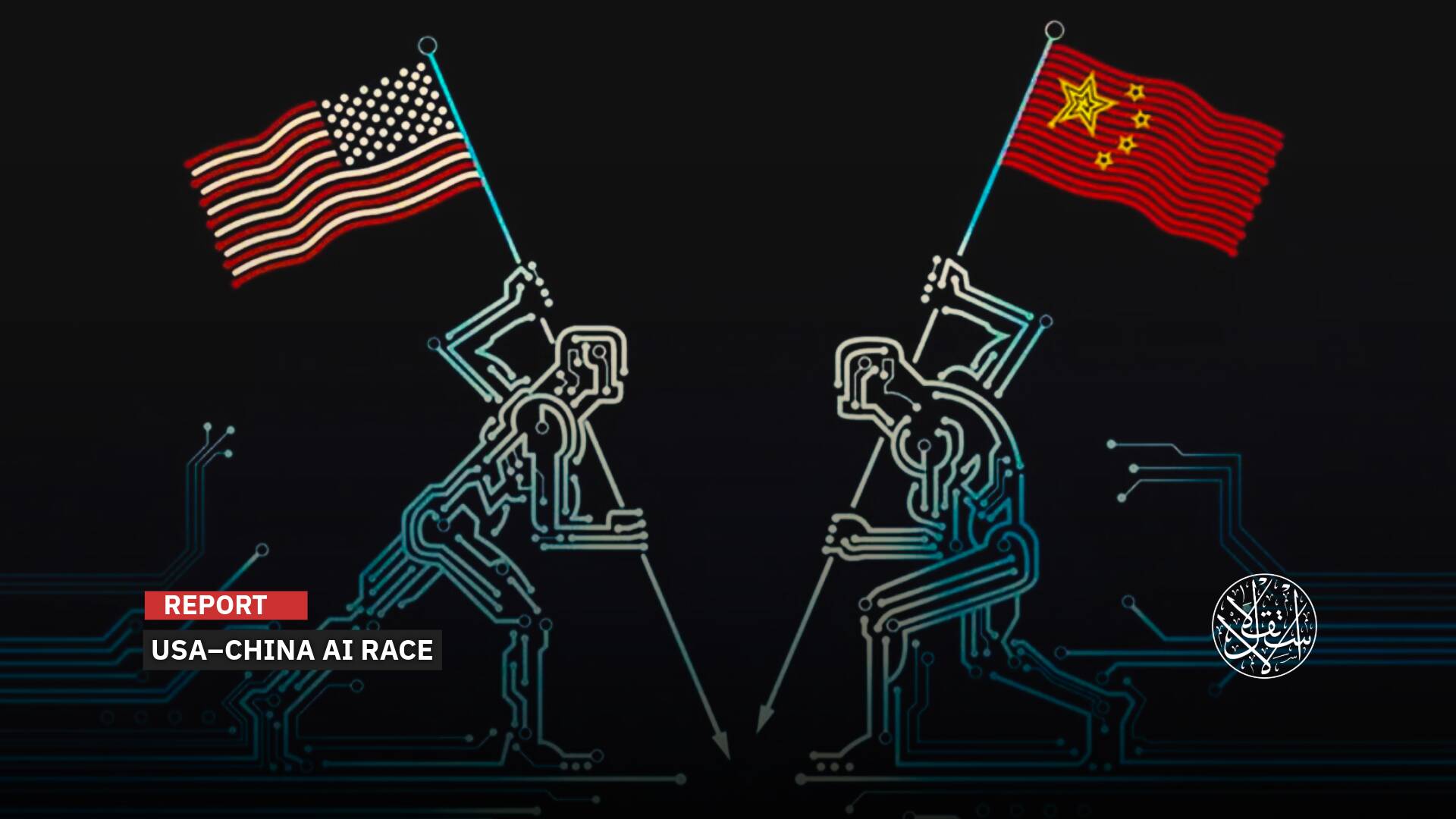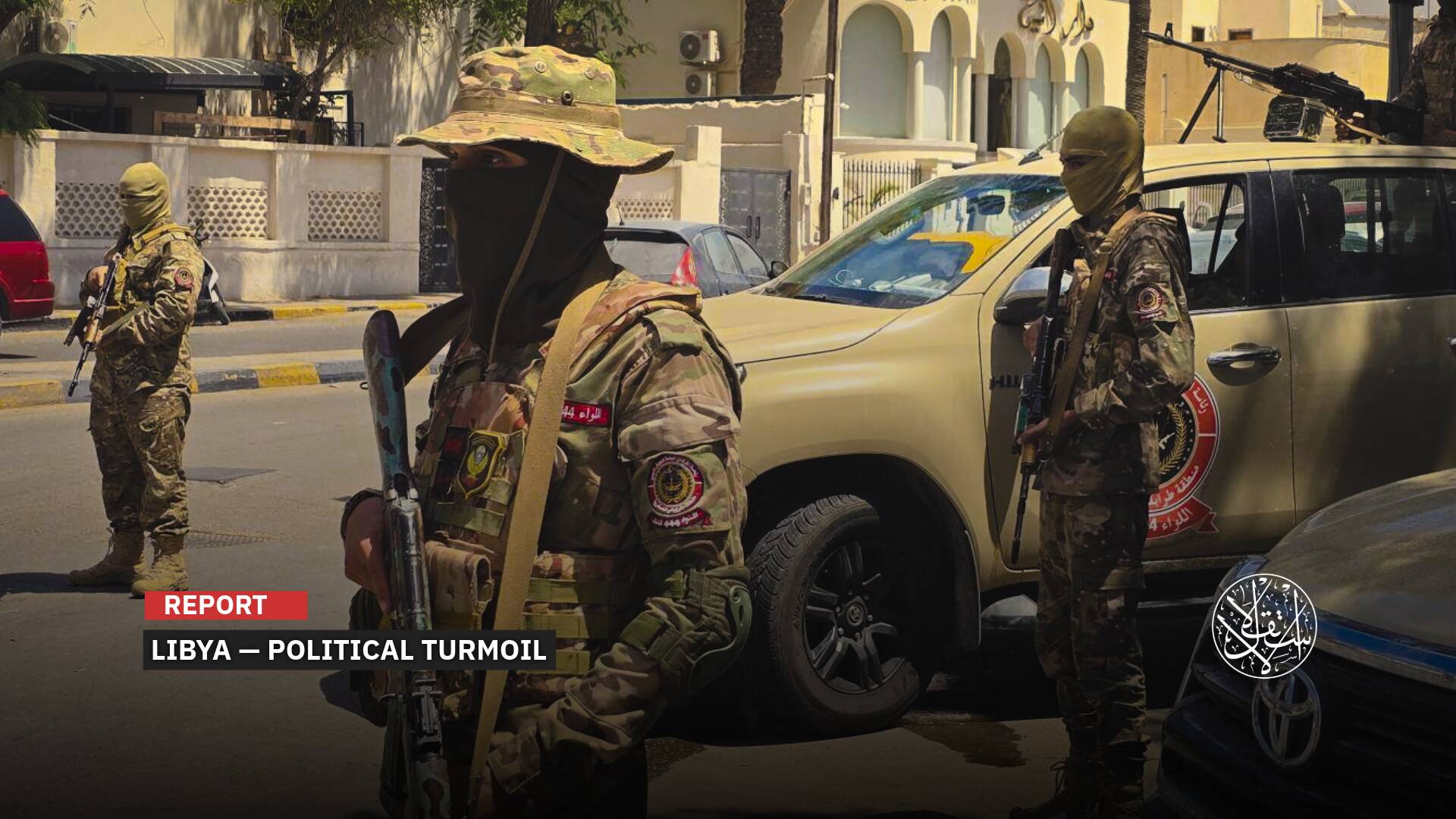Morocco Welcomes Closure of Polisario Front Office in Damascus: What Are the Responses from the Polisario and Algeria?

“The decision restores matters to their proper course and corrects an anomalous situation long associated with the former Syrian regime.”
In a striking shift that signals a recalibration of its regional posture, Syria’s new authorities have shuttered the Polisario Front’s office in Damascus — a move widely seen as part of a broader effort to reset ties with Morocco and deepen engagement with the Arab world.
The decision was met with warm approval in Moroccan circles, while Algerian media swiftly pushed back, claiming the office had been closed for years under the former regime of Bashar al-Assad.
The announcement of the closure was reported by Morocco’s official news agency, MAP, on May 27, 2025, as part of a visit by a Moroccan technical delegation to Damascus tasked with preparing the reopening of the Kingdom’s embassy in Syria.
According to the agency, a joint mission, comprising senior Moroccan and Syrian officials, visited the site to verify the effective closure of the Polisario separatists’ office in the Syrian capital.
The agency noted that “through this move, Syrian authorities have reaffirmed their commitment to respecting Morocco’s national sovereignty and territorial integrity,” firmly rejecting “any form of support for separatist entities.”
It added that the closure “also reflects Syria’s clear intention to strengthen bilateral cooperation with Morocco and to promote regional stability.”
The report concluded that “King Mohammed VI’s decision to reopen Morocco’s embassy in Damascus marks the beginning of a new chapter in Moroccan-Syrian relations,” and that “the closure of the Polisario office in Syria stands as a tangible expression of both countries’ shared commitment to the Kingdom’s territorial unity.”
In a speech delivered to the 34th Arab League Summit held in Baghdad on May 17, King Mohammed VI announced Morocco’s decision to reopen its embassy in Damascus, which had been closed since 2012.
Earlier, on February 4, 2025, the Moroccan monarch had sent a congratulatory message to Syrian President Ahmed al-Sharaa on the occasion of his assumption of the presidency during the country’s transitional phase.
On April 17, 2025, King Mohammed VI sent another message of congratulations to President al-Sharaa as Syria marked the 79th anniversary of Evacuation Day.
The dispute over Western Sahara dates back to 1975, with the separatist Polisario Front calling for self-determination, while Morocco has proposed an autonomy plan that would grant the local population broad administrative powers, while retaining shared symbols of sovereignty, including the flag, military, national anthem, and security apparatus.
Position Correction
In response to the Syrian move, former Minister of Relations with Parliament and Civil Society, Mustapha el Khalfi, expressed his gratitude to the new Syrian leadership, praising what he described as a gallant position.
Speaking to Al-Estiklal, el Khalfi stressed that the decision restores matters to their proper course and corrects an anomalous situation long associated with the former Syrian regime.
He added that the previous arrangement had allowed the separatist Polisario Front to reject all calls for Arab unity.
El Khalfi went on to note that Morocco had always stood by the Syrian people, consistently drawing a clear distinction between the actions of the regime and the sentiments of the population.
He emphasized that Morocco never ceased to support the Syrian people, staunchly defending Syria’s territorial integrity and rejecting all efforts aimed at its fragmentation.
According to el Khalfi, the new Syrian administration’s position aligns with its earlier declarations rejecting division and advocating for the preservation of national unity across all states—an approach, he said, that merits recognition and appreciation.
The former minister recalled that Morocco had expressed its support for the Syrian people from the early days of the 2011 uprising.
At the time, Rabat declared the regime’s ambassador persona non grata and engaged through all diplomatic channels to help resolve the crisis. Today, he said, Morocco is engaging constructively with the new Syrian administration.
He further noted that the separatist project in the Sahara first emerged as a regional dispute in the 1970s, at a time when Morocco stood firmly alongside Syria, Egypt, and others in resisting the rise and spread of the Zionist project in the eastern Arab world.
Meanwhile, former Moroccan Prime Minister Saad dine el Otmani praised the Syrian authorities’ decision, describing it as part of a series of diplomatic successes regarding the Western Sahara issue.
In a Facebook post on May 28, 2025, el Otmani highlighted recent milestones, including Kenya’s recognition of Morocco’s sovereignty over Western Sahara and el Salvador’s announcement of steps to open a consulate in Laayoune.
Diplomatic Implications
The Syrian announcement has sparked widespread reaction within Moroccan media circles.
In this regard, Anbaa Info described the move on May 28, 2025, as a “notable diplomatic step with multiple political and strategic dimensions.”
“While seemingly administrative on the surface, it reflects a profound shift in the Syrian stance and opens a new chapter in relations between Rabat and Damascus.”
“This development came in the context of a visit by the Moroccan technical delegation to Syria, tasked with preparing the reopening of the Rabat embassy in Damascus.”
The decision, it added, “was taken by the kingdom as part of a new diplomatic momentum led by King Mohammed VI, aimed at expanding Morocco’s regional presence and strengthening ties with Arab countries whose relations with Rabat have experienced periods of cooling or interruption.”
“The political symbolism of this move is reflected in its timing and context; amid rising geopolitical tensions in the region, Damascus has chosen to reposition itself on the Western Sahara issue, which Rabat considers a matter of existence and sovereignty.”
The site highlighted that the step is “a clear affirmation by the Syrian authorities of their respect for Morocco’s territorial integrity and their rejection of any support for separatist entities.”
“This is an unprecedented stance, signalling a shift in Syria’s foreign policy priorities—moving beyond diplomatic courtesy to a clear and principled position.”
“The political significance of this move lies in its timing and context; amid escalating geopolitical tensions in the region, Damascus has chosen to reposition itself on the Western Sahara issue—a matter Rabat regards as one of existential sovereignty.”
Anbaa Info noted that the step represents “a clear reaffirmation by the Syrian authorities of their respect for Morocco’s territorial integrity and their rejection of any support for separatist groups.”
“This unprecedented stance signals a shift in Syria’s foreign policy priorities, moving beyond mere diplomatic courtesy to a firm and principled position.”
“This move can also be seen as part of a broader Syrian strategy to rebuild ties with a number of Arab states, following years of political and diplomatic isolation since the onset of the Syrian crisis.”
The source also highlighted that the closure of the Polisario Front’s office in Damascus sends a clear message to regional and international actors who had previously exploited the separatist issue for narrow political agendas.
“This development strengthens Morocco’s position in its diplomatic battle to consolidate sovereignty over its southern provinces, while simultaneously narrowing the room for maneuver available to the separatist front in international forums,” Anbaa Info concluded.
In a similar vein, the website TelExpress stated on May 27, 2025, that Syria’s move could be described as a knockout blow to the Algerian regime.
It marks a clear break with past practices and signals a serious commitment to a new approach based on respect for the sovereignty and territorial integrity of states.
The report emphasized that “this sovereign decision represents a profound shift in Syria’s stance on the Moroccan Sahara issue.”
It noted that the timing is particularly significant, with Damascus reorganising its diplomatic priorities, moving away from the ideological alignments that characterized some of its previous positions, thereby embracing a more pragmatic and open political vision towards the Arab world.
The website viewed this stance as a direct message to the Algerian regime, which has never hidden its unconditional support for separatism and its funding of entities hostile to Morocco’s territorial integrity.
The message is clear: the new Syria will no longer serve as a platform for settling regional scores or advancing malicious agendas.
It noted that the decision to close the Polisario offices in Damascus cannot be seen in isolation from wider regional shifts, as many countries are reassessing their positions on the Moroccan Sahara issue, recognising that backing separatism has only fuelled further tension and instability across North Africa and the Sahel.
It added that “these developments pave the way for building new relations between Rabat and Damascus, founded on mutual respect and non-interference in internal affairs.”
The site emphasized that the new Syrian leadership, through this decision, demonstrates its ability to reposition itself strategically in a smart manner—one that serves its internal stability and restores its rightful place within the Arab arena.
It concluded that the decision is part of a growing regional will to end manufactured disputes and to focus on development and Arab integration.

Misleading News
The Algerian media reaction to the report by Morocco’s official news agency was one of outright denial, dismissing it as part of a campaign of misinformation, according to Algeria Gate on May 28, 2025.
The site cited an unnamed Syrian source who claimed that Moroccan media reports alleging the transitional Syrian administration had closed the Polisario Front offices in Damascus were misleading and lacked credibility.
It pointed out that the office in question has been closed since 2003, and curiously, the misleading image published by the Moroccan news agency actually depicts a centre for training in IT and language skills.
The source clarified that the Polisario Front’s office was located on Brazil Street, opposite the Umayyad Hotel, near the Technical School in the heart of Damascus.
It occupied part of a building managed by the Arab Ba’ath Socialist Party as a documentation centre.
The source added that a committee responsible for Arab liberation and friendly movements had been granted the building for its activities and coordination in Damascus, comprising representatives from 32 Arab parties across various countries.
"After the 2003 U.S. invasion of Iraq, this secretariat was dissolved, as most of these parties opposed Saddam Hussein’s regime. Many returned to Baghdad, while the offices of the remaining Arab parties were taken over and the matter was closed," as reported by the source.
However, Fahd al-Masri, head of the Constituent Assembly of the Syrian Opposition Party, viewed the closure of the “terrorist Polisario Front office” as a first step toward correcting the course of Syrian-Moroccan relations, in his words.
“This courageous Syrian decision marks a clear break with the policies of the ousted Bashar al-Assad regime,” al-Masri said.
In an interview with Telquel on May 28, 2025, al-Masri stated, “Building healthy and sound relations with Morocco, based on mutual respect and respect for national and territorial sovereignty, is the fundamental basis for advancing this relationship—not just toward excellent or even exceptional ties.”
“We aspire for it to reach the level of a strategic alliance, partnership, cooperation, and coordination across various fields,” al-Masri continued.
The Syrian politician emphasized that “the next step now is a clear and explicit official recognition of the Kingdom of Morocco’s sovereignty over its Sahara—a step we eagerly await to restore Damascus-Rabat relations to their natural course.”
“The Syrian Opposition Party is immensely pleased, as what Damascus has begun represents a victory for our stance and vision, and a practical translation of what we have long called for,” al-Masri noted.
“We look forward to Damascus benefiting as much as possible from Morocco’s expertise in good governance, administration, and local development. We also hope to draw on Morocco’s accumulated experience in rebuilding Syria’s civilian and military state institutions.”
“The Syrian Opposition Party is immensely pleased, as what Damascus has begun represents a victory for our stance and vision, and a practical translation of what we have long called for,” al-Masri added.
“We look forward to Damascus benefiting as much as possible from Morocco’s expertise in good governance, administration, and local development. We also hope to draw on Morocco’s accumulated experience in rebuilding Syria’s civilian and military state institutions.”

Granting Legitimacy
Ahmed Noureddine, an expert in international relations and the Western Sahara issue, believes that “by closing the representation of the separatist Polisario Front in Damascus, Syria has returned the favour to Morocco, which stood by the Syrian people from the very early days of the revolution against Bashar al-Assad’s sectarian and brutal regime.”
“That regime did not hesitate to use chemical weapons against innocent civilians and has killed nearly half a million Syrians in a level of brutality rarely seen anywhere in the world,” Noureddine told Al-Estiklal.
“On December 12, 2012, Morocco hosted the Friends of the Syrian People conference in Marrakech, a bold and clear stance in support of the Syrian revolution’s demands, openly siding with the Syrian people against the brutality of Bashar al-Assad’s regime.”
“Morocco also closed its embassy in Damascus that same year, and likewise shuttered the Syrian regime’s embassy in Rabat,” Noureddine added.
“Through these actions, Morocco demonstrated that it is a principled state that stands with legitimacy and does not exploit the suffering of peoples like Algeria does. Rather, it assumes its ethical and political responsibilities at the right moment.”
“Bashar al-Assad’s regime’s support for the separatist Polisario Front in Tindouf underscores the illegitimacy of the separatist project. Authoritarian and brutal regimes cannot be defenders of just and legitimate causes elsewhere in the world,” he said.
“The expulsion of the Tindouf-backed Polisario Front from Syria is part of a series of successive blows Algeria is receiving globally.”
Within just one week, Kenya recognized Moroccan sovereignty over Western Sahara and closed the separatist front’s representation in Nairobi.
“France is also solidifying its recognition and consular presence in Laayoune with the opening of a visa office, while el Salvador is in talks with Morocco about opening a consulate in Dakhla or Laayoune,” Noureddine noted.
“We must also not forget the tightening blockade Algeria faces on all sides — with Mali, Niger, Libya, and Morocco — as well as the closure of one of its border crossings with Mauritania, alongside its severe crises with France and the UAE over the Western Sahara issue.”
Noureddine concluded that the separatist project is in its final days, lamenting the millions Algeria has spent financing the Polisario Front.
“Those funds would have been far better invested in the Algerian people, to improve their economic and social conditions, rather than supporting division and separatism,” he said.
Sources
- Syrian authorities, with Moroccan representatives present, confirm the closure of offices formerly occupied by Polisario separatists in Damascus [Arabic]
- Al-Masri to “Telquel”: We welcome Damascus’s expulsion of the Polisario and call for opening doors to Moroccans [Arabic]
- Damascus shuts Polisario office: a diplomatic shift paving the way for a new phase in relations with Morocco [Arabic]
- The new Syria deals a blow to the Algerian military’s card by closing Polisario offices [Arabic]
- Syrian source exposes Morocco’s lies about the Polisario [Arabic]


